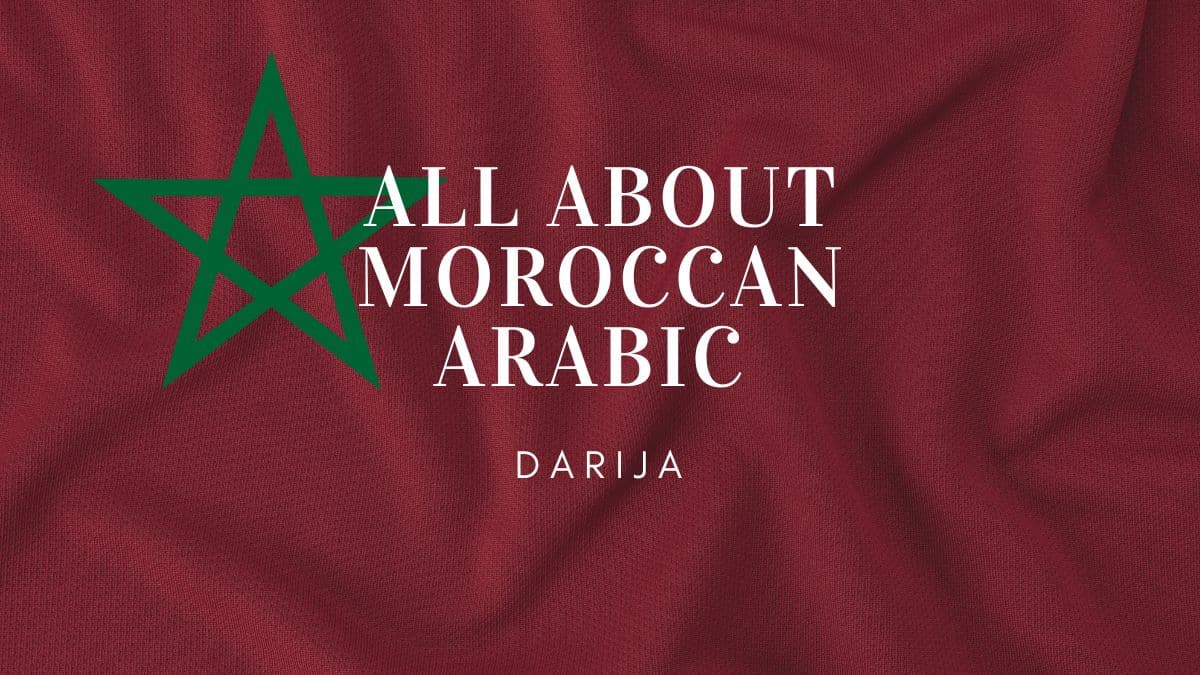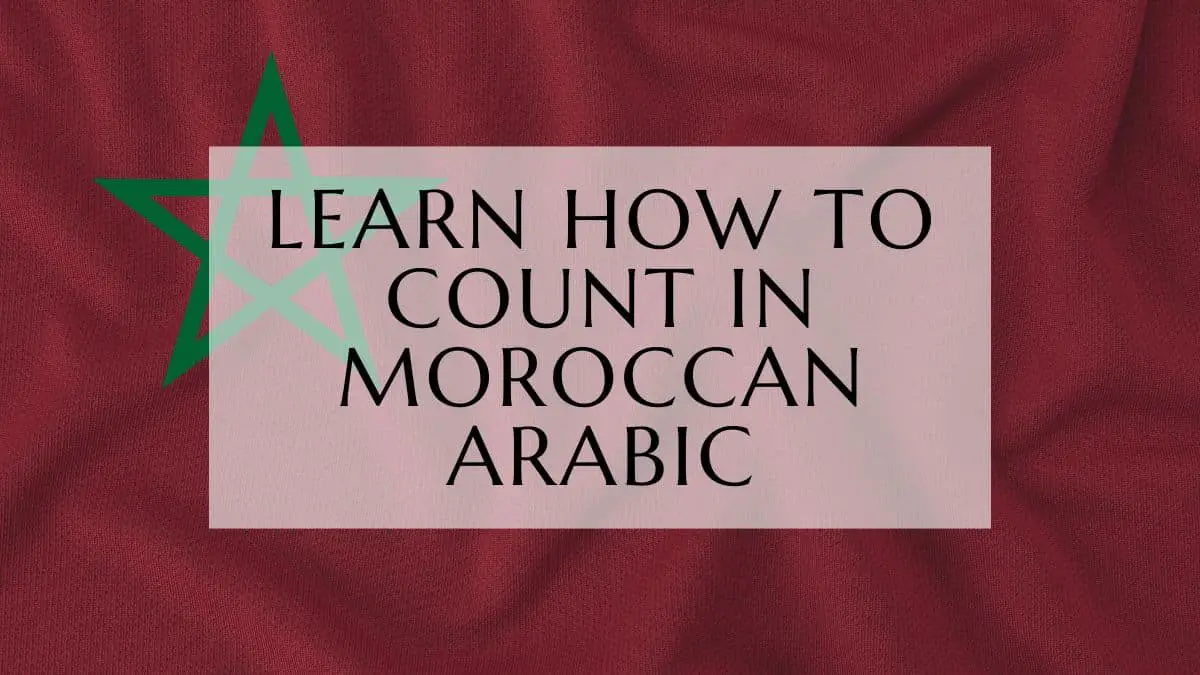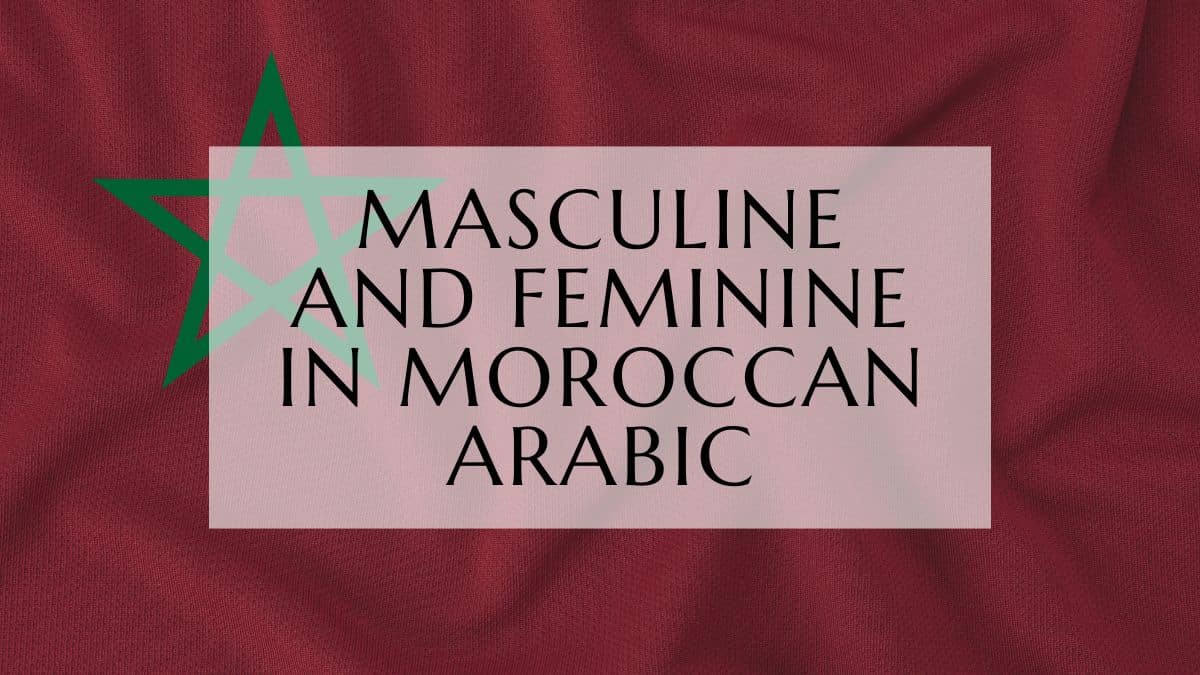Learning to be polite in Moroccan Arabic is both fun and important. If you’re traveling in Casablanca or learning Moroccan Arabic, knowing how to say “you’re welcome” is key. This guide will cover the main phrases, cultural tips, and slight variations. These will help you show thanks and appreciation easily in Moroccan Arabic-speaking places.
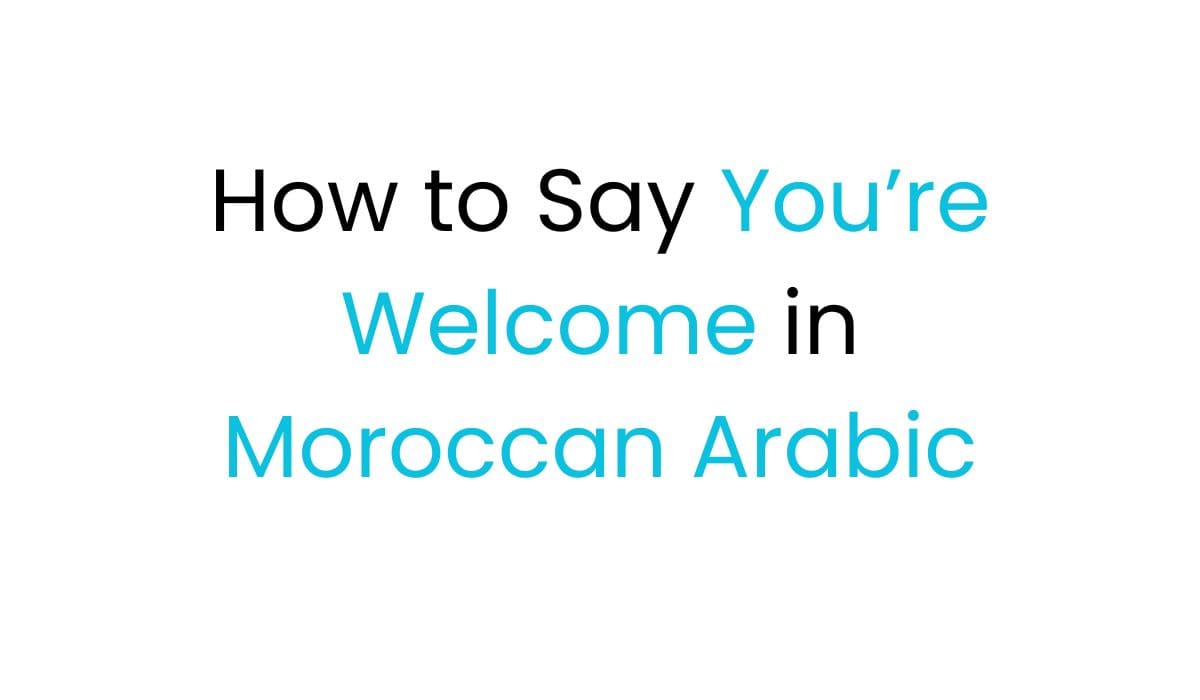
Mastering the Fundamentals: Common Ways to Say “You’re Welcome” in Moroccan Arabic
Learning to say “you’re welcome” in Moroccan Arabic is key. You’ll often hear “hanya” (هانية) and “ma’alish” (معليش). Each phrase has its own special meaning and time to use.
Hanya: The Most Common Expression
“Hanya” is what you say most often when someone thanks you. It means “no thanks are necessary” or “it’s my duty.” This casual phrase fits well in everyday chats, whether with friends or in casual work settings.
Ma’alish: A Polite Variation
For a more formal reply, “ma’alish” is better than “hanya” It means “no problem.” This phrase is more formal and suits serious situations, like in business or with older people or those in charge.
Knowing “hanya” and “ma’alish” is key to being polite in Moroccan Arabic. These phrases help you show thanks and respect in different situations. They make you sound confident and polite when you speak.
You’re welcome in Moroccan Arabic
When you learn Moroccan Arabic, knowing how to say “you’re welcome” is key. The phrase you’re welcome is important in Moroccan Arabic. It shows respect and politeness. It makes social interactions smoother.
“La shukra ‘ala wajib” is the usual way to say “you’re welcome” in Moroccan Arabic. It means “no thanks are necessary” and is used after someone says “shukran” (thank you). Saying “la shukra ‘ala wajib” shows you’re happy to help and didn’t mind at all.
“Ma’alish” is another way to say “you’re welcome.” It means “it’s nothing” or “no problem.” This phrase is a bit more casual than “la shukra ‘ala wajib.” It’s good for friendly or informal situations. Saying “Ma’alish” shows you’re being kind and easygoing, especially when talking to friends or in a relaxed setting.
You can also say “بلا جميل” (bla jmil / you’re welcome) or “مكاين مشكل” (makayn moshkil / no problem).
| Moroccan Arabic Phrase | English Translation | Tone and Context |
| لا شكر على واجب (la shukra ‘ala wajib) | it’s nothing | Casual, common |
| معليش (ma’alish) | there’s nothing to thank for | Formal, polite |
Learning to say “you’re welcome” in Moroccan Arabic is important to improving your language skills and understanding the culture. Knowing when and how to use these phrases makes your interactions more genuine and positive.
Regional Variations: Colloquial Expressions Across the Moroccan Arabic-Speaking Regions
The Moroccan Arabic language is known for its rich regional variations and colorful slang. Saying “you’re welcome” in Moroccan Arabic shows this diversity, especially in different regions of Morocco. Let’s look at some common Moroccan slang terms for saying thanks and polite response.
Moroccan Slang Terms for “You’re Welcome”
In many Moroccan regions, the usual “la shukran ‘ala wajib” (“you’re welcome”) is swapped for more informal and colloquial expressions. Here are a few examples:
“Mashi mushkil” (ماشي مشكل) (“No problem”) – A common response in Casablanca and Rabat.
“Hanya” (هانية) (“With pleasure”) – Widely used in northern Morocco, especially in cities like Tangier and Tetouan.
“Adi” (عادي) (“It’s normal”) – A succinct and casual way to say “you’re welcome” in many Moroccan cities.
These Moroccan slang terms show the “adab” (آداب) (manners) and “basata” (بساطة) (informality) of local cultures. They make the interaction more colloquial and friendly.
RegionColloquial Expression for “You’re Welcome”Casablanca and Rabatماشي مشكل (mashi mushkil)Northern Moroccoبصحة (b saha)Souss regionمرحبا بيك (marhba bik)Various citiesعادي (adi)
| Region | Colloquial Expression for “You’re Welcome” |
| Casablanca and Rabat | ماشي مشكل (mashi mushkil) |
| Northern Morocco | Hanya (هانية) |
| Various cities | عادي (adi) |
“The diversity of regional variations and colloquial expressions in Moroccan Arabic-speaking cultures adds richness and depth to the language. It reflects the unique adab and basata of each region.”
The Art of Tone: Formal vs. Informal Contexts
When you say “shukran” in Moroccan Arabic, the tone you use changes how people see your thanks. Knowing when to use formal or informal language is key to good communication.
In formal situations, being polite is very important. You might say “la shukran ‘ala wajib” or “ma’alish.” These phrases show kindness and politeness, fitting the formal setting.
In casual settings, you can use phrases like “adi” or “mashi mushkil.” These informal words help you connect with others on a friendly level.
Being able to switch between formal and informal tones when saying “you’re welcome” in Moroccan Arabic shows you’re flexible with language. This flexibility shows you understand the situation and can make your conversations better.
Cultural Nuances: Understanding the Importance of Gratitude in Moroccan Arabic-Speaking Culture
In Morocco, gratitude (shukr) is a big part of how people act and talk to each other. Saying “you’re welcome” (“la shukran ‘ala wajib” or “ma’alish”) is more than just polite. It shows the cultural nuances of appreciation (taqdir), kindness (lutf), and good manners (jawab lateef, adab).
Being thankful is important in Morocco. When someone says thanks, you should respond with a real “you’re welcome.” This shows you value the appreciation (shukr) for the kindness shown. This way, you’re showing respect and gratitude back.
In many Moroccan regions, saying “la shukran ‘ala wajib” (no thanks are necessary) or “ma’alish” (it’s nothing) is polite when thanking someone.
These responses show humility and modesty. They mean the kindness was just part of being friendly, not a big deal.
Knowing how to show gratitude (shukr) and use “you’re welcome” right is key in Moroccan Arabic-speaking cultures. It helps you make strong connections and show respect and good manners (adab). By getting these cultural nuances, you’ll see how important gratitude is in these warm and inviting societies.
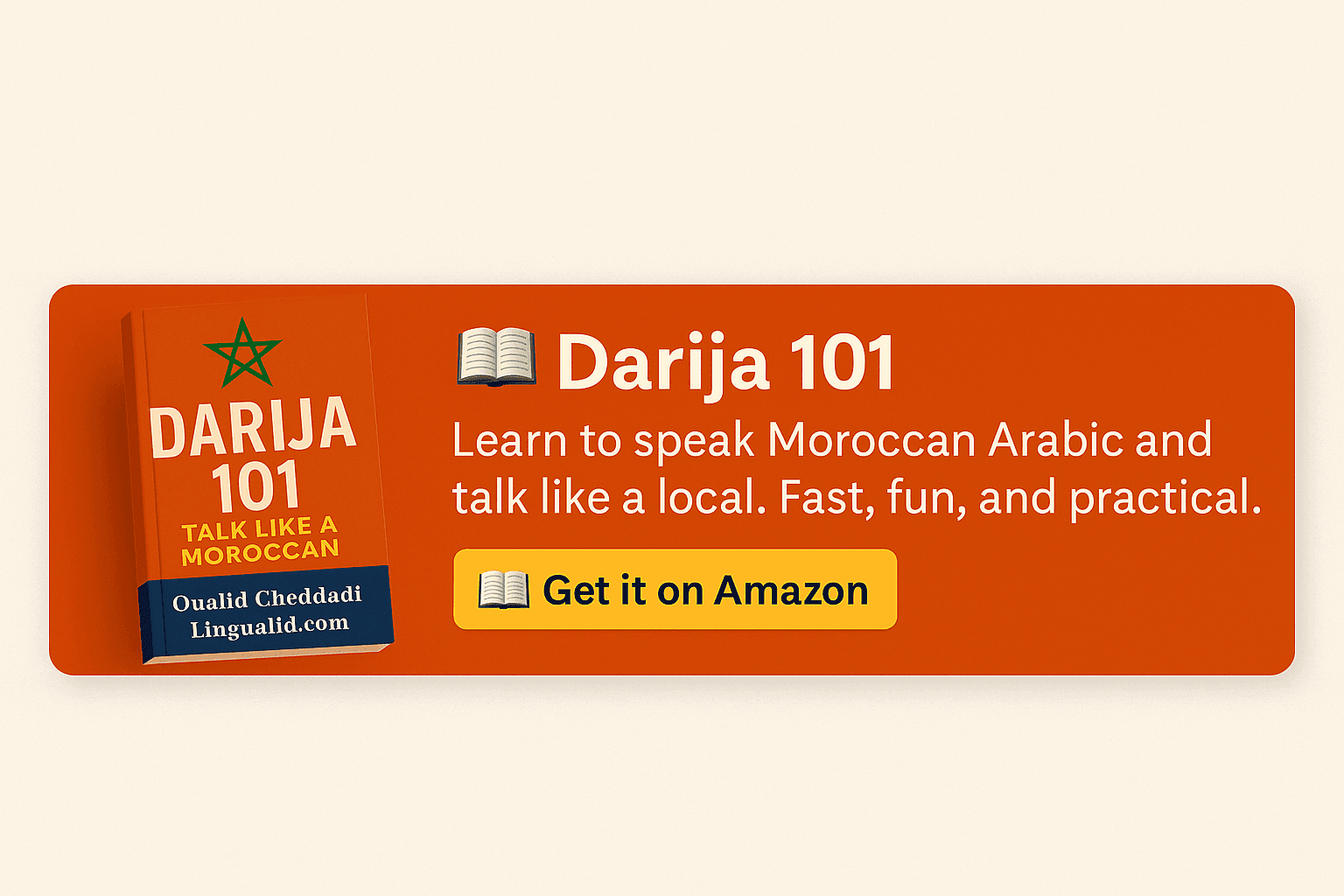
Beyond Words: Body Language and Nonverbal Cues
When you say “you’re welcome” in Moroccan Arabic, it’s not just the words that count. The way you say it can really change things. Body language and nonverbal cues are key to showing “adab” (politeness), “lutf” (kindness), and a real “jawab muhtaram” (polite response).
A simple “la shukran ‘ala wajib” (“you’re welcome”) gets better with a warm smile, a nod, or a kind hand gesture. These “adab hassan” (good manners) show it’s not just a quick answer. They show real thanks and a warm welcome.
- A genuine smile makes you seem friendly and easy to talk to.
- Keeping eye contact shows you’re really listening and interested.
- A slight bow or nod of the head adds respect and deference.
- An open, welcoming hand gesture can make your words even stronger.
By using these body language and nonverbal cues, saying “you’re welcome” in Moroccan Arabic becomes a full communication. It leaves a strong impression of adab and lutf.
Adding these nonverbal elements to “you’re welcome” in Moroccan Arabic makes your response more complete and powerful. It leaves a strong impression of courtesy and kindness.
Mastering the Subtle Art of Gracious Responses
Saying “you’re welcome” and adding compliments can make the moment special. This way, you build strong relationships and show you care about others.
Combining “You’re Welcome” with Compliments
When someone thanks you, you can make it even better by adding a compliment. For example, you could say, “La shukran ‘ala wajib, it was my pleasure to help someone as talented as you.” Or, “Ma’alish, I’m always happy to help someone as thoughtful as you.” This shows you value their kind words and highlights their good qualities.
You can also use phrases like “Ana farhan ani qdert n’awnekek” (I’m glad I could help you) or “Bi kol surur” (With pleasure). These add to your kind and thoughtful nature. Getting good at these subtle ways to respond shows you’re skilled in Moroccan Arabic and can handle social situations well.
Oualid Cheddadi is the founder of Lingualid, a platform that inspires independent language learners worldwide, regardless of the language they are learning. The name “Lingualid” is derived from the Portuguese word for “language,” “língua,” and the last three letters of Oualid’s name, “Lid.”

